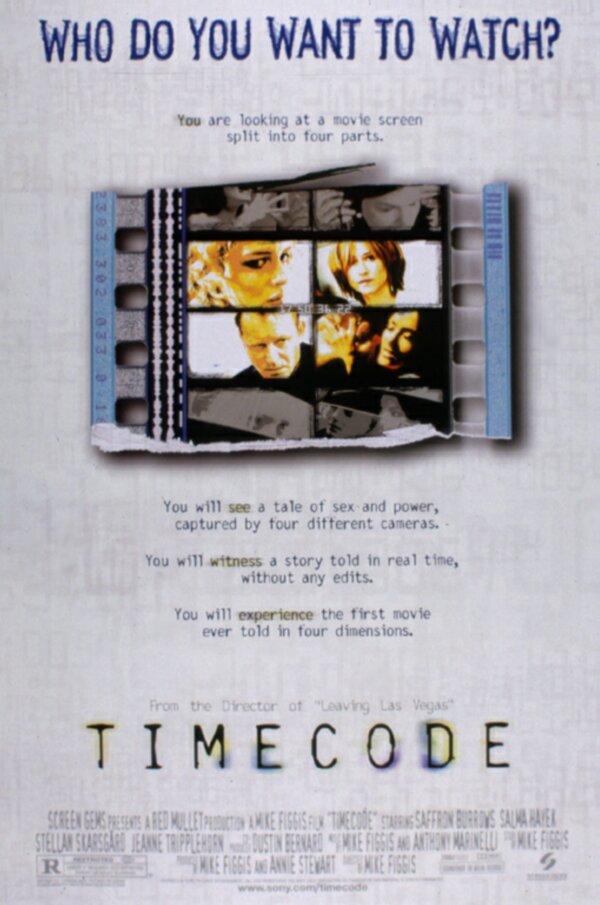Late summer in Mar del Plata
It’s only when I stopped to count that I realized that this is my seventh trip to Argentina in eight years, something that started when the Buenos Aires branch of FIPRESCI, the international film critics organization, brought me there to give three lectures in the fall of 2000. The couple who became my host and hostess–critics Quintin and Flavia de la Fuentes, both of whom wrote for the monthly film magazine El Amante and would later review some films at the Chicago International Film Festival for the Reader–invited me back after Quintin became director of BAFICI, the Buenos Aires Festival of Independent Film, a remarkable event sponsored by the city every April. Quintin held the job for four years, and to my knowledge it was the only festival to be organized socially as well as intellectually around the principles of film criticism. Much of the programming centered on critical concepts, and a central meeting point — a cafe inside a huge shopping mall — served as the hub of discussions.
The event was also made delightful by certain unique forms of Argentinian hospitality, which are also evident at the Mar del Plata Film Festival: each guest is assigned an “angel,” a young person assigned to serve as overall guide and assistant, procuring tickets and taking one around to the various cinemas, etc.
Read more
From the Chicago Reader (July 1, 2000). — J.R.

It’s one of the enduring mysteries of the Hollywood blacklist that directors such as Joseph Losey and Cy Endfield had to hide behind fronts or pseudonyms, whereas Jules Dassin was able to direct this atmospheric 1955 French thriller under his own name and still get it shown in the U.S., where it was something of an art-house hit. (Oddly, as a cast member he uses the name Perlo Vita.) Shot in Paris and its environs and adapted from an Auguste le Breton novel with the author’s assistance, this is a familiar but effective parable of honor among thieves, and though it may not be as ideologically meaningful as the juicy noirs Dassin made for Hollywood — The Naked City (1947), Thieves’ Highway (1949), and Night and the City (1950) — it’s probably more influential, above all for its half-hour sequence without dialogue that meticulously shows the whole process of an elaborate jewelry heist. With Jean Servais, Carl Mohner, and Robert Manuel. In French with subtitles. 118 min. (JR)
 Read more
Read more
From the April 28, 2000 issue of the Chicago Reader.

Fun and infuriating in roughly equal proportions, Mike Figgis’s Timecode is an unusually bold experiment for a major studio. Its plot is outlandish and its characters the most overblown parodies this side of Robert Altman. In some respects, it’s even more cockamamy than James Toback’s Black and White and its sensationalist riffs. So you can’t laugh at much of it without feeling either self-satisfied or stupid.

The silliness and the daring of Timecode are often made to seem like opposite sides of the same coin — a kind of cagey self-protection that cheerfully self-destructs to ensure that the movie poses little threat to anyone. Back in the 60s, critic Noël Burch tartly observed that there would always be an 8½ to provide a refuge from the implications of a Last Year at Marienbad. Timecode suggests an unlikely synthesis: a flamboyantly obvious and carnivalesque satire of Tinsel Town and its excesses tied to an open-ended, highly interactive, and somewhat abstract form. It isn’t nearly as good as either predecessor. But it’s an irrefutable triumph of engineering, and it entertained and intrigued me through two separate viewings — though as a view of the human condition it’s astonishingly and depressingly meager. Read more


